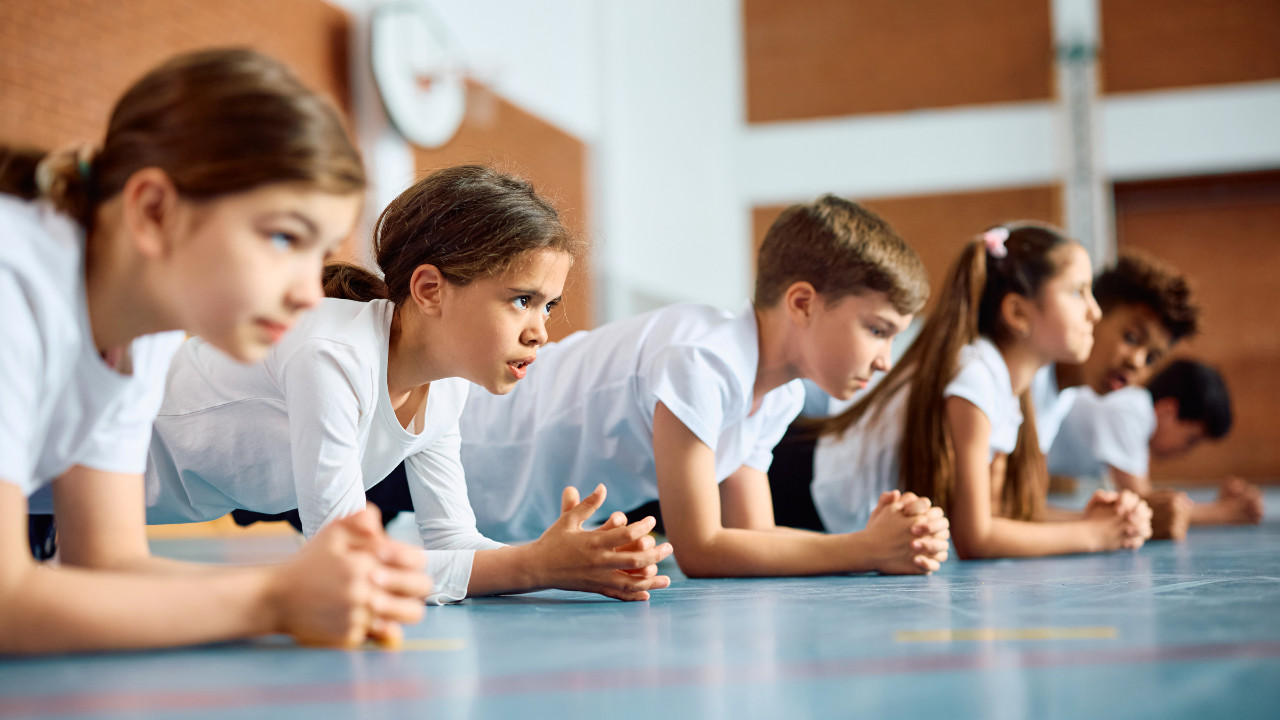
DiYES International School – Holistic Health Education in Schools focuses on the complete well-being of children. It teaches students how to care for their bodies and minds. Topics include nutrition, physical activity, hygiene, and mental health. Lessons build awareness and promote healthy daily habits. Programs are designed to fit naturally into existing curriculums. Educators use age-appropriate materials and interactive sessions. Students learn through real-life examples and peer discussions. Health becomes a natural part of the school experience. Positive behaviors are reinforced both at school and at home. Children begin to make better lifestyle choices over time.
Holistic health education helps students understand their bodies and emotions. Schools serve as critical spaces for shaping long-term health behaviors. When health is prioritized, academic performance also improves. Students feel more focused and confident in the classroom. They miss fewer school days due to preventable illnesses. Healthy eating habits support brain development and energy levels. Regular exercise improves mood and reduces anxiety in children. Mental wellness activities promote resilience and emotional balance. Classroom discussions reduce stigma around physical and mental health issues. A foundation for lifelong wellness is formed in early school years.
“Read about: Osteogenesis Imperfecta in Children: Causes, Symptoms, and Challenges”
The Tarang Health Alliance in India demonstrates real success in child wellness. The program brings Holistic Health Education in Schools into everyday classroom routines. Nutrition lessons help children make healthier food choices. Workshops teach students proper handwashing and hygiene habits. Physical education includes games and active learning exercises. Mindfulness and storytelling introduce emotional awareness and mental health. Students explore their feelings during guided classroom sessions. Teachers gain specific training to teach health topics confidently. Local health and education leaders provide ongoing support and collaboration. Schools report better student health and stronger wellness engagement.
Parental involvement boosts the impact of health education programs. Schools organize regular workshops and health fairs for families. Parents practice healthy habits with their children at home. Teachers discuss wellness strategies during meetings and school events. Parents and educators maintain consistent communication about student health. Community members lead local efforts to promote wellness. Health workers share resources and offer direct support to families. Program designers include cultural practices in their materials and sessions. Families influence student behavior through active engagement. Repetition of health messages across settings strengthens healthy routines.
“Read more: Steel & Faux Wood: The Future of Sustainable Garage Door Innovation”
Students who receive holistic health education carry those lessons into adulthood. They are more likely to remain physically active and emotionally aware. Healthy choices made in childhood reduce future disease risk. Early exposure to wellness builds a strong sense of self-care. Health literacy improves when students engage in diverse topics. Empathy and cooperation grow through social-emotional learning activities. Students report feeling safer and more accepted at school. Classroom environments become more inclusive and supportive. These programs help reduce long-term public health burdens. Generations of healthier, informed citizens are gradually created.